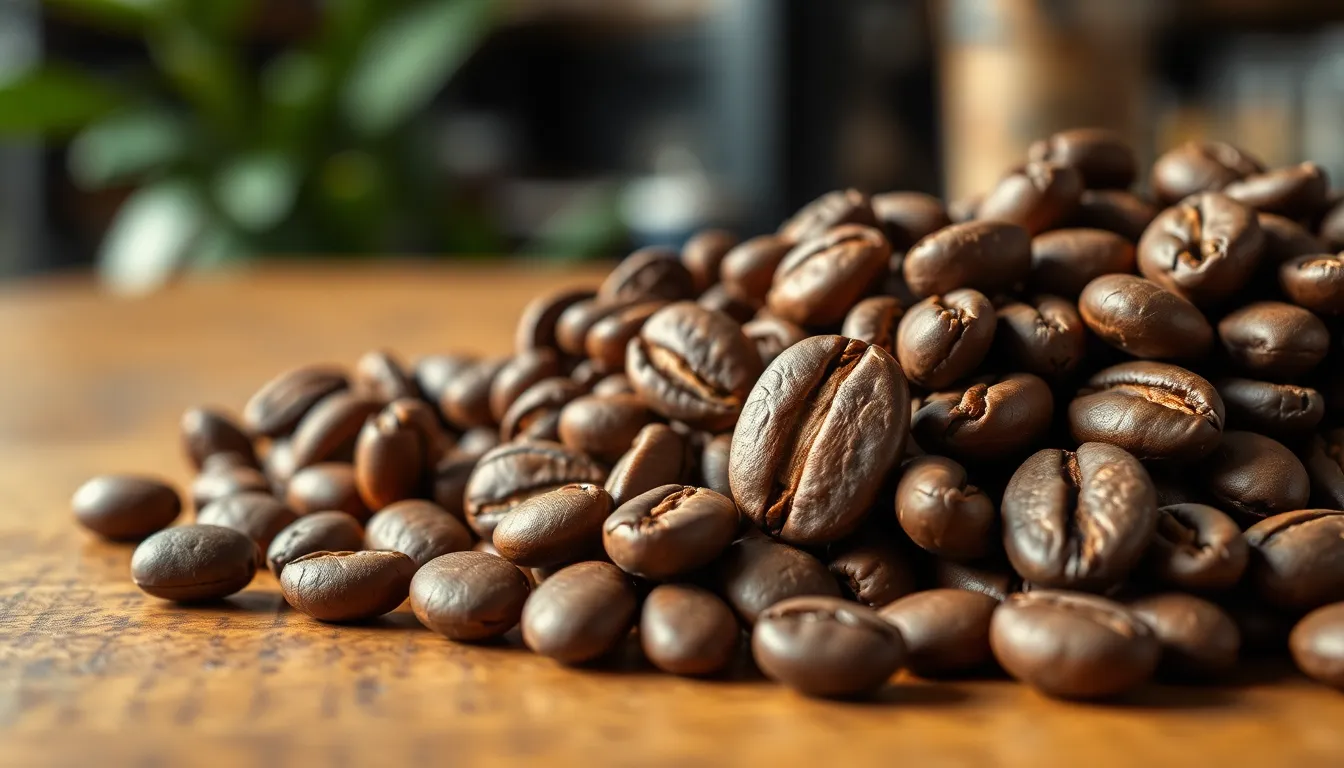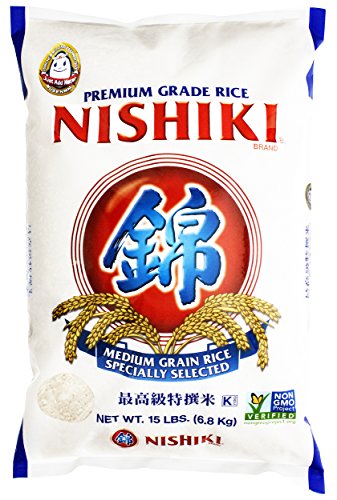What is Geisha coffee, and why is it commanding prices of up to $1,000 per pound? This rare and exquisite coffee variety has taken the specialty coffee industry by storm, captivating connoisseurs with its exceptional flavor profile.
Originating from Ethiopia but made famous in Panama, Geisha coffee stands apart with its distinct floral aromatics, tea-like body, and jasmine, bergamot, and honey notes. You’ll find this premium coffee at exclusive auctions and high-end cafés, where its limited production and extraordinary taste justify its premium price tag. If you’re ready to explore the pinnacle of coffee excellence, Geisha might just be your next remarkable coffee experience.
What Is Geisha Coffee?
Geisha coffee ranks among the industry’s most exclusive and expensive coffee varieties, commanding prices up to $1,000 per pound at specialty auctions. This extraordinary bean traces its origins to the Gori Gesha forest in Ethiopia, though it gained international recognition after being cultivated in Panama in the early 2000s. Panama’s Hacienda La Esmeralda introduced Geisha to the global stage when their beans won the Best of Panama competition in 2004, shattering previous auction price records.
The distinct characteristics of Geisha coffee include its elongated bean shape and a remarkable flavor profile that features vibrant floral notes, jasmine aromatics, and hints of citrus and honey. Coffee experts often describe tasting Geisha as an enlightening experience due to its complex yet delicate flavor composition that sets it apart from other premium coffees. The plant itself grows taller than typical coffee varieties, with elongated leaves that help identify it in cultivation.
Geisha’s limited production stems from its challenging cultivation requirements—it thrives at high altitudes between 1,400-1,800 meters and demands exact climate conditions with consistent rainfall patterns. These strict growing conditions, combined with the plant’s susceptibility to certain diseases, contribute to its rarity and corresponding high price point. Specialty coffee shops typically offer Geisha as a pour-over or other manual brewing method to highlight its exceptional qualities rather than blending it with other beans or using it in espresso preparations.
The Origin and History of Geisha Coffee
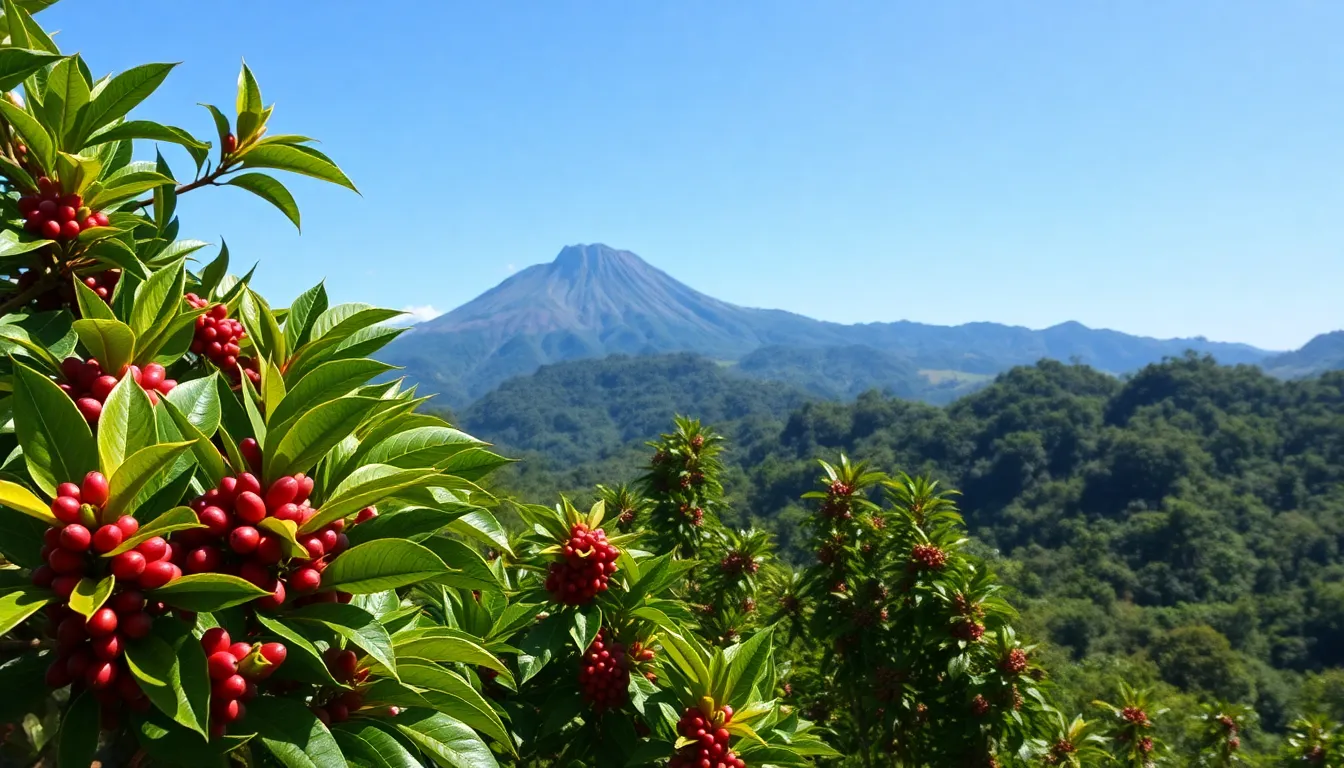
Geisha coffee’s journey spans continents and decades, beginning in the forests of Africa before achieving worldwide acclaim. This exceptional coffee variety was discovered in the 1930s during British colonial expeditions to the Gori Gesha forest in Ethiopia, where its distinctive elongated beans and unique characteristics first caught attention.
The Panama Connection
Panama transformed Geisha coffee from an obscure variety to a global sensation in the coffee industry. The story begins in the 1950s when Costa Rica’s government initiated a coffee exchange program that introduced Geisha plants to Panama’s Boquete region in Chiriquí province. This area’s fertile volcanic soil proved ideal for cultivating this exceptional variety. The defining moment came in 2005 when the Peterson family of Hacienda La Esmeralda entered their Geisha coffee into the Best Of Panama competition. Their entry not only won but sold for a record-breaking price, instantly elevating Panamanian Geisha to international stardom and establishing Panama as the premier producer of this coveted coffee.
Ethiopian Roots
Ethiopia stands as the authentic birthplace of Geisha coffee, with the variety’s genetic origins traced to the country’s western Gori Gesha Forest. This region’s unique environmental conditions contributed to Geisha’s development of its characteristic elongated bean shape and distinctive floral aroma that sets it apart from other coffee varieties. Even though its Ethiopian heritage, Geisha remained relatively unknown in the coffee industry for decades after its discovery. The variety’s genetic diversity reflects Ethiopia’s unparalleled coffee biodiversity, where thousands of uncatalogued coffee varieties still grow wild. Today, coffee enthusiasts recognize Ethiopian Geisha as the original source of the extraordinary flavor profile that commands premium prices and attracts collectors worldwide.
Distinct Characteristics of Geisha Coffee Beans
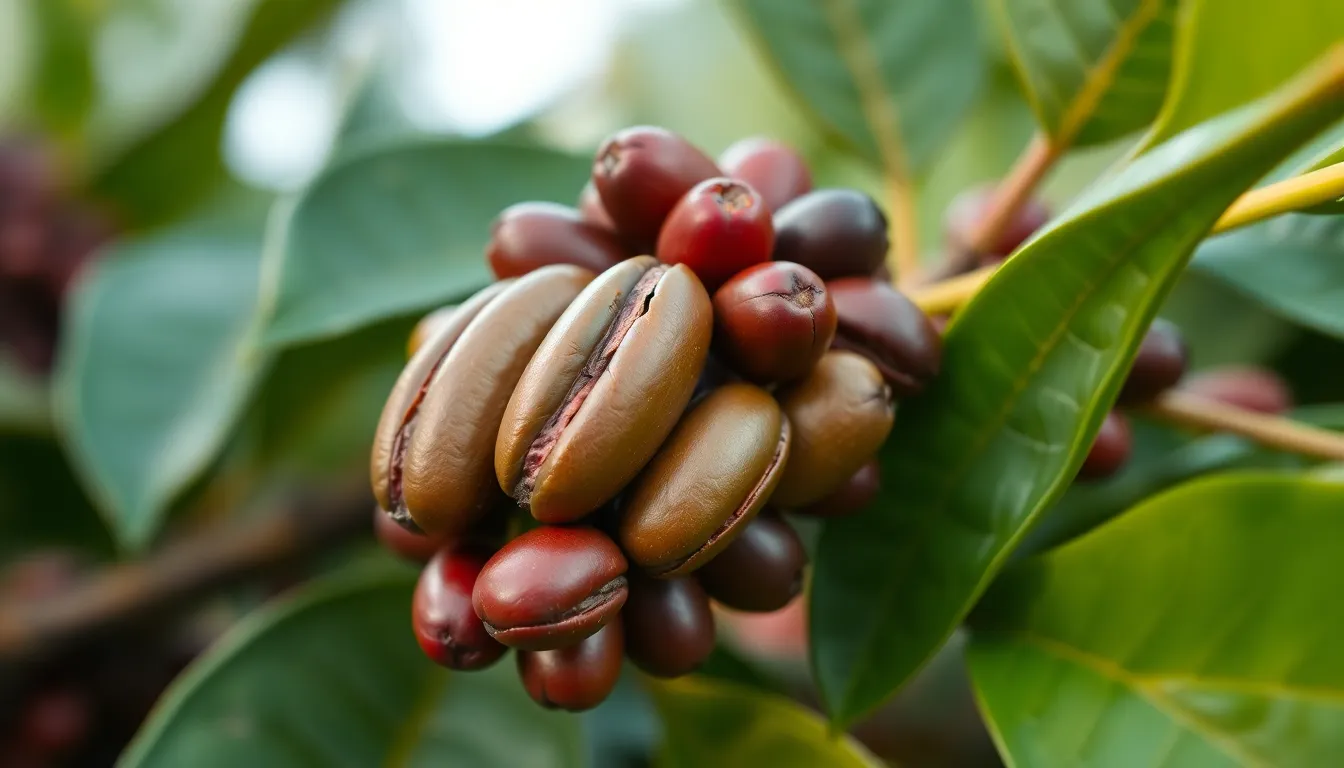
Geisha coffee beans possess unique characteristics that set them apart from other coffee varieties. These distinctive traits contribute to their legendary status and extraordinary market value among specialty coffee enthusiasts.
Physical Appearance
Geisha coffee beans display an instantly recognizable elongated shape that distinguishes them from typical Arabica varieties. They’re noticeably larger than standard coffee beans, with a more stretched silhouette that coffee experts can identify at a peek. The Geisha plant itself stands out in coffee farms with its longer, narrower, and darker leaves compared to other coffee varieties. These physical attributes make Geisha plants identifiable even before they produce their prized beans.
Flavor Profile
Geisha coffee delivers an exceptional sensory experience characterized by its clean, floral, and tea-like qualities that coffee connoisseurs prize worldwide. Its delicate jasmine aromatics immediately capture your attention, followed by complex layers of bergamot, stone fruits like apricot and nectarine, and tropical notes including mango and mandarin. Many cups also feature subtle hints of raspberry tang and pomegranate undertones that dance across your palate. The bright, vibrant acidity perfectly balances with a silky, smooth mouthfeel that creates an elegant rather than heavy drinking experience. Geisha’s natural sweetness harmonizes with its balanced acidity, offering a refined tasting journey that justifies its reputation as coffee’s most sought-after variety. Each sip presents a complex symphony of flavors that unfolds gradually, culminating in the distinctive bergamot-like finish that has captivated judges at international coffee competitions.
Why Geisha Coffee Commands Premium Prices
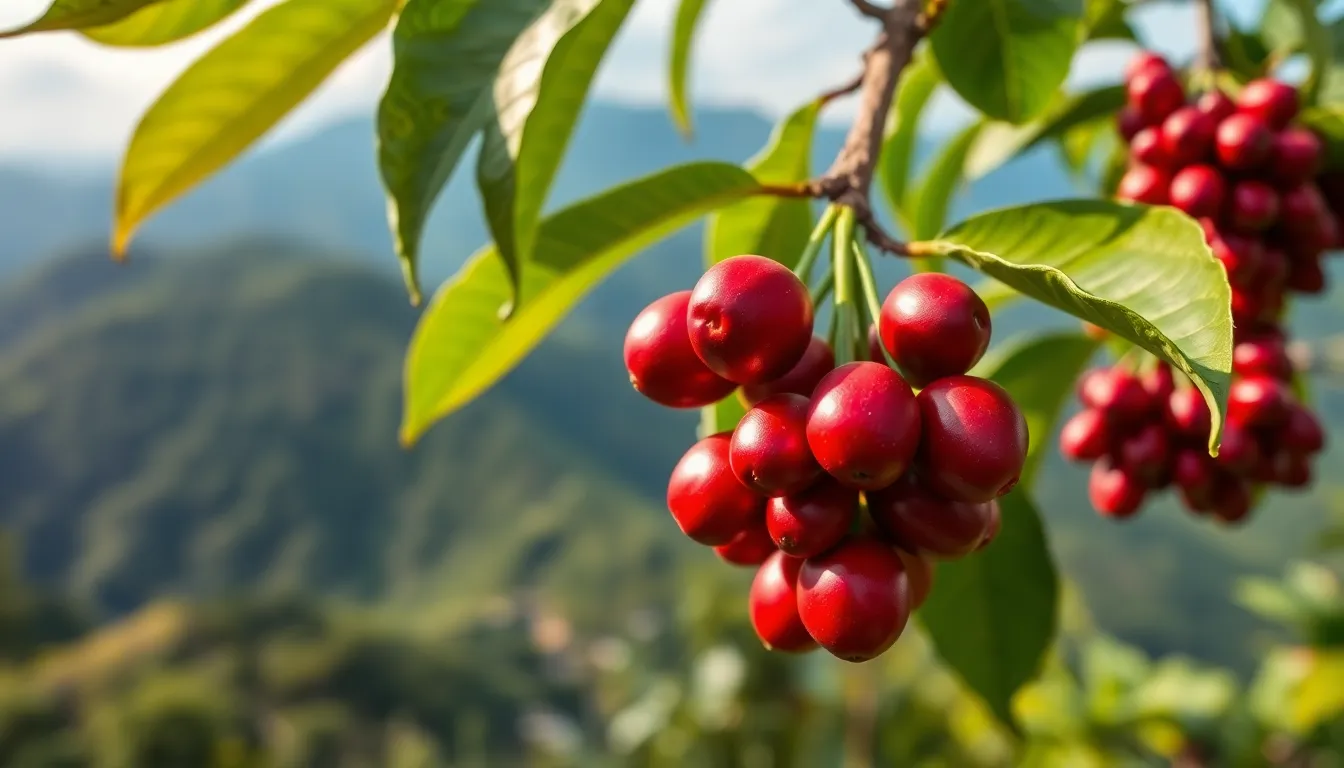
Geisha coffee commands extraordinary prices due to its exceptional flavor profile and rarity in the specialty coffee market. This prestigious Arabica varietal offers a sensory experience unlike any other coffee, characterized by its floral aromatics, bright acidity, and complex tasting notes that justify its premium position.
Record-Breaking Auction Sales
Panama Geisha coffee catapulted to fame through its remarkable performance at international auctions, particularly from Hacienda La Esmeralda farm. This legendary producer has won many international coffee-tasting competitions, establishing Panama as the premier source for exceptional Geisha beans. Global buyers compete intensely for limited harvests at these auctions, driving prices to unprecedented levels. The coffee’s consistent ability to break price records reflects both its extraordinary quality and the growing segment of connoisseurs willing to invest in truly exceptional coffee experiences.
Production Challenges
Several factors contribute to Geisha coffee’s limited availability and subsequent high prices. The varietal thrives only in exact high-altitude microclimates between 1,450 and 1,700 meters, qualifying it as Strictly Hard Bean (SHB) grade coffee. Geisha plants produce distinctive elongated coffee cherries that require precise agricultural practices and meticulous care throughout cultivation. The harvesting and processing demands extraordinary attention to preserve the coffee’s delicate jasmine notes, berry complexity, and citrus brightness. Also, the increasing global demand for authentic Geisha far outpaces the limited number of farms capable of producing it to the exacting standards that specialty markets expect. These production constraints create natural scarcity, further elevating Geisha’s status as one of the most coveted coffees in the industry.
How to Brew Geisha Coffee

Brewing Geisha coffee requires careful attention to detail to fully appreciate its delicate floral notes and complex flavor profile. The brewing process significantly impacts how these unique characteristics express themselves in your cup.
Recommended Brewing Methods
Pour-over methods like V60 or Chemex excel at highlighting Geisha coffee’s clarity and delicate floral notes. These techniques allow for precise control over the extraction process, preserving the coffee’s distinctive jasmine-like aromatics and bright acidity. Aeropress brewing offers exceptional versatility through adjustable steeping times and pressure control, emphasizing the smooth, silky texture that makes Geisha coffee so remarkable. Both pour-over and Aeropress brewing techniques accentuate the nuanced flavors without overwhelming the coffee’s sophisticated profile, making them ideal choices for this premium variety.
Optimal Brewing Parameters
Grinding Geisha coffee to a medium-fine or medium consistency creates the ideal foundation for proper extraction. Water temperature plays a crucial role—aim for 195–205°F (90–96°C) to extract the complex flavors without introducing unwanted bitterness. A coffee-to-water ratio between 1:15 and 1:17 delivers balanced strength while preserving the coffee’s natural sweetness and fruity complexity. Timing your brew precisely matters too—allow 2.5 to 4 minutes for pour-over methods and 1.5 to 3 minutes for Aeropress brewing. These carefully calibrated parameters help preserve Geisha coffee’s renowned bergamot-like finish and tropical fruit notes, ensuring you experience the full spectrum of flavors that make this variety so highly prized among coffee connoisseurs.
Where to Find Authentic Geisha Coffee
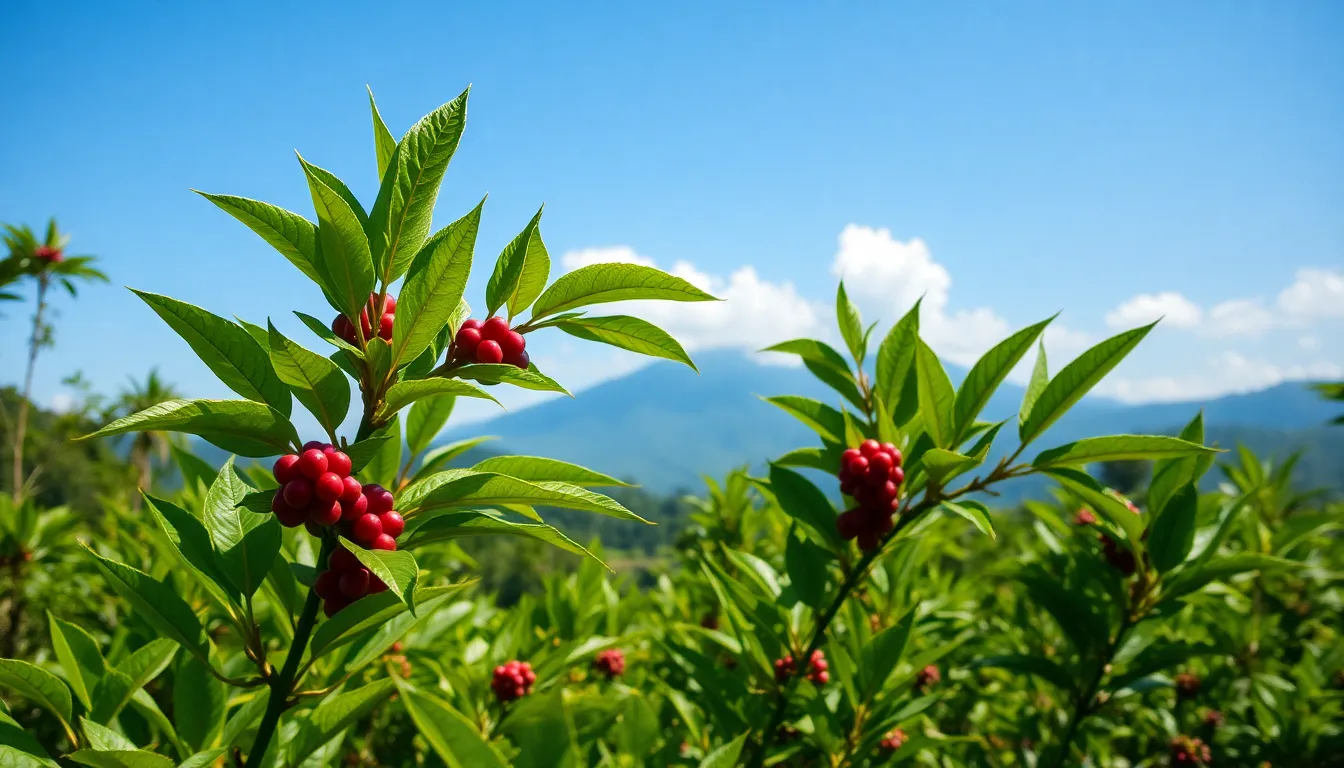
Authentic Geisha coffee’s exceptional quality makes it worth seeking out from verified sources. Panama produces the most celebrated Geisha beans, with several farms producing industry-class offerings that deliver the distinctive floral and citrus notes this varietal is famous for.
Notable Producers
Hacienda La Esmeralda stands as the undisputed champion among Geisha coffee producers. Located in Panama’s Boquete region, this farm revolutionized the coffee industry with its award-winning Esmeralda Special Geisha beans that consistently dominate international competitions. The Peterson family, who owns the estate, cultivates their prized beans at elevations between 1,450 to 1,700 meters above sea level, creating ideal growing conditions for this finicky varietal. Other prominent Panamanian farms have followed suit, establishing the country as the epicenter of premium Geisha production. The growing popularity has inspired farmers throughout Central America to plant Geisha varietals, expanding availability while maintaining the strict growing standards this exceptional coffee demands.
Avoiding Counterfeit Products
Geisha coffee’s premium price tag has unfortunately created a market for counterfeit or mislabeled products. To ensure you’re getting genuine Geisha beans, purchase exclusively from reputable specialty coffee roasters with transparent sourcing practices. Check for detailed origin information including the exact farm, elevation data, and processing methods—legitimate sellers proudly share these details. Authentic Panamanian Geisha often comes with certificates or competition awards that verify its provenance and quality. Farms like Hacienda La Esmeralda provide lot-exact information that can be traced back to exact growing locations. Price can also serve as an indicator—genuine Geisha commands significantly higher prices than standard coffee varieties due to its limited production and exceptional characteristics. Trustworthy coffee importers maintain direct relationships with producers, offering another layer of authentication for discerning coffee enthusiasts.
Is Geisha Coffee Worth the Investment?

Geisha coffee commands premium prices due to its exclusivity, limited production, and exceptional quality. The cost reflects its rarity in the specialty coffee market, with some varieties selling for up to $1,000 per pound at exclusive auctions. Coffee connoisseurs consider this investment justified by the unparalleled sensory experience that Geisha delivers.
The value proposition of Geisha coffee lies in its distinctive flavor profile. Each cup offers a subdued yet intense floral aroma reminiscent of jasmine, complemented by bright, balanced acidity. The complex flavor notes include berries, mango, papaya, mandarin oranges, and a lingering bergamot-like finish that sets it apart from conventional coffee varieties.
Texture plays a important role in Geisha’s premium status. Its smooth, silky mouthfeel provides a refined experience rather than a bold brew, appealing to those who appreciate subtlety and elegance. The combination of natural sweetness, vibrant acidity, and floral-fruit tones creates a sophisticated drinking experience that mass-produced coffees simply can’t match.
Terroir significantly impacts Geisha’s flavor complexity, with beans from different regions offering unique tasting notes of peach, nectarine, pomegranate, and citrus zest. This variability adds to its appeal among coffee enthusiasts who enjoy exploring the nuances of specialty coffee origins.
For those passionate about exceptional coffee experiences, Geisha represents the pinnacle of coffee craftsmanship. Your investment purchases not just a beverage but an exploration of coffee’s highest potential—a cup that showcases what’s possible when ideal growing conditions, meticulous processing, and expert brewing come together.
Conclusion
Geisha coffee stands as the crown jewel of the coffee industry for good reason. Its journey from Ethiopian forests to Panamanian highlands has created a coffee experience unlike any other.
When you invest in authentic Geisha you’re not just purchasing coffee but participating in a sensory adventure defined by jasmine aromatics bright acidity and that unmistakable bergamot finish.
While its price tag might seem steep the combination of rarity exceptional quality and unparalleled flavor profile makes Geisha a worthwhile splurge for those seeking coffee perfection. Whether brewed through V60 Chemex or Aeropress the result is the same: a cup that represents the pinnacle of what coffee can be.
Frequently Asked Questions
What makes Geisha coffee so expensive?
Geisha coffee commands premium prices due to its exceptional flavor profile, rarity, and limited production. The beans require specific high-altitude growing conditions and meticulous cultivation. Record-breaking auction sales, particularly from Panama’s Hacienda La Esmeralda, have established its prestigious reputation. The intense competition among global buyers for the limited annual harvests drives prices up to $1,000 per pound, making it one of the most expensive coffees in the world.
Where does Geisha coffee originate from?
Geisha coffee originates from the Gori Gesha forest in Ethiopia, where it was discovered in the 1930s during British colonial expeditions. Despite its Ethiopian roots, Geisha gained international recognition after being introduced to Panama in the 1950s. The coffee plants thrived in Panama’s Boquete region, particularly at Hacienda La Esmeralda, which won the Best of Panama competition in 2004, catapulting Geisha coffee to global fame.
What does Geisha coffee taste like?
Geisha coffee offers a complex, distinctive flavor profile characterized by pronounced floral aromatics and tea-like qualities. Tasting notes typically include jasmine, bergamot, and honey, complemented by layers of stone fruits and tropical flavors. It features bright, vibrant acidity balanced with a silky, elegant mouthfeel. The finish often showcases a distinctive bergamot-like quality that lingers pleasantly, creating an extraordinary sensory experience unlike conventional coffee varieties.
How can I identify authentic Geisha coffee?
Authentic Geisha coffee is best purchased from reputable specialty coffee roasters that provide detailed origin information and certifications. Look for beans from established Panamanian farms like Hacienda La Esmeralda or verified Ethiopian sources. Genuine Geisha coffee comes with traceable lot information and typically commands higher prices ($50-100+ per 8oz). The beans themselves are physically distinguishable by their elongated shape and larger size compared to standard Arabica varieties.
What’s the best way to brew Geisha coffee?
Pour-over methods like V60 or Chemex are ideal for brewing Geisha coffee as they highlight its clarity and floral notes. Use a medium-fine grind consistency, water temperature between 195–205°F (90–96°C), and a coffee-to-water ratio of 1:15 to 1:17. Pour-over brewing should take 2:30-3:30 minutes, while Aeropress provides a good alternative. Avoid espresso preparation, which can overwhelm the delicate flavors that make Geisha exceptional.
Is Geisha coffee worth the high price?
For coffee connoisseurs, Geisha coffee justifies its premium price through its unparalleled sensory experience. The combination of subdued yet intense floral aromas, complex flavor notes (berries, mango, bergamot), and silky mouthfeel creates an extraordinary cup. It represents the pinnacle of coffee craftsmanship—the convergence of ideal growing conditions, meticulous processing, and genetic uniqueness. While casual drinkers might hesitate, enthusiasts consider it a worthy investment for experiencing coffee’s highest potential.
How is Geisha coffee different from regular coffee beans?
Geisha coffee beans are physically larger and more elongated than typical Arabica varieties. The plants feature longer, narrower, and darker leaves. Beyond appearance, Geisha’s flavor profile dramatically differs from standard coffees, offering pronounced floral characteristics, tea-like qualities, and complex layers of taste that regular coffees lack. Its genetic makeup and specific growing requirements contribute to its extraordinary flavor complexity and the premium prices it commands in the specialty coffee market.
Can Geisha coffee be grown outside Panama and Ethiopia?
While Panama and Ethiopia remain the premier sources, Geisha coffee is now cultivated in several other countries including Colombia, Costa Rica, and Guatemala. However, the flavor profile can vary significantly depending on growing conditions, elevation, and processing methods. Panama’s unique microclimate and high-altitude farms continue to produce the most celebrated Geisha coffees, though some Colombian farms have recently gained recognition for exceptional Geisha production as well.

